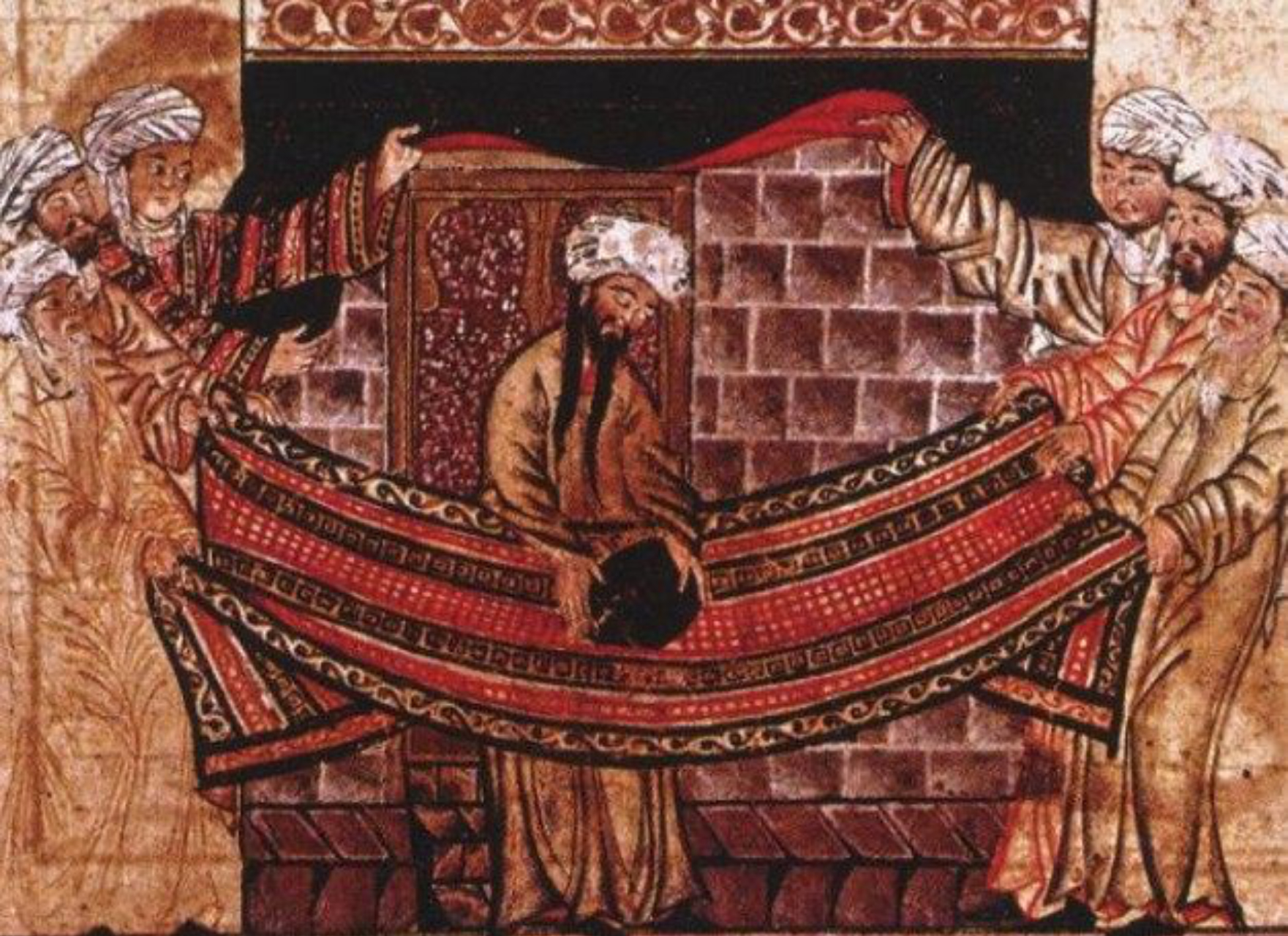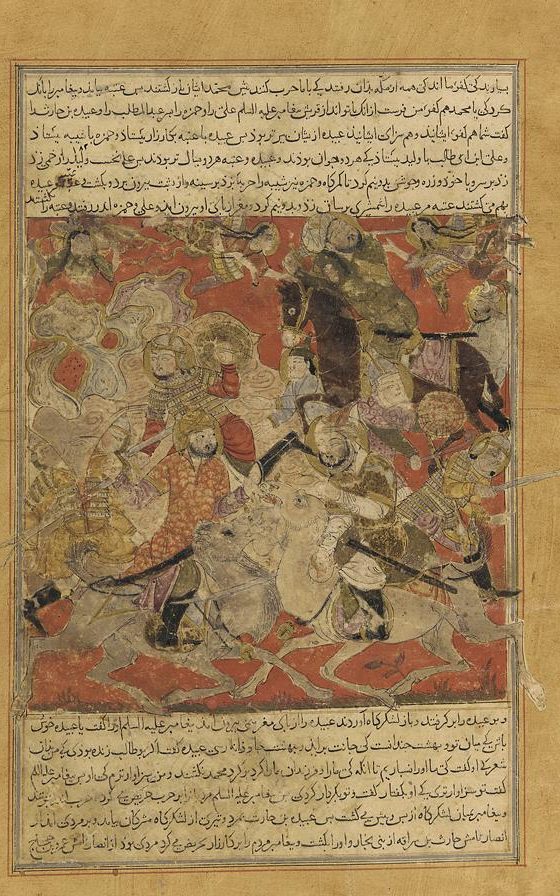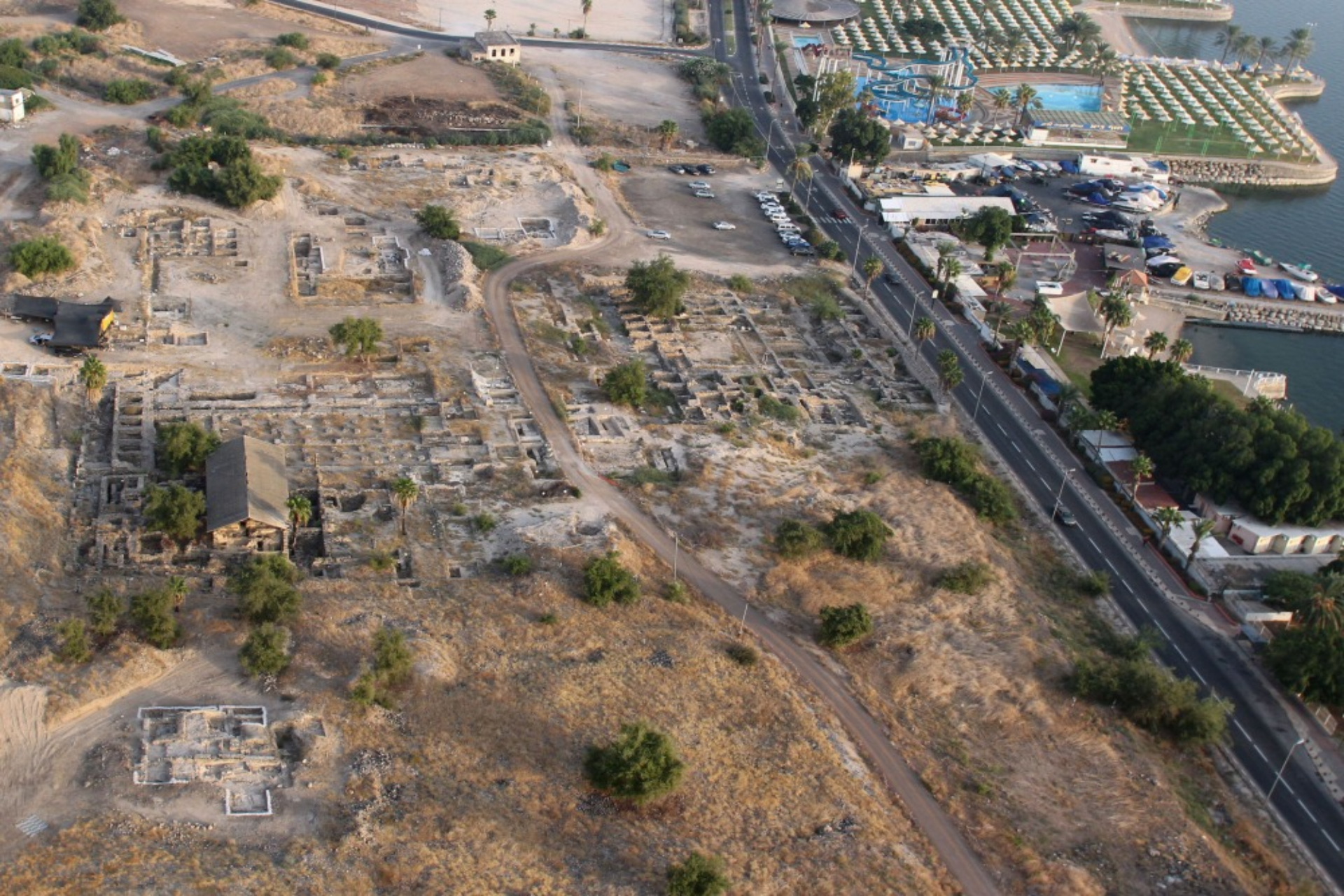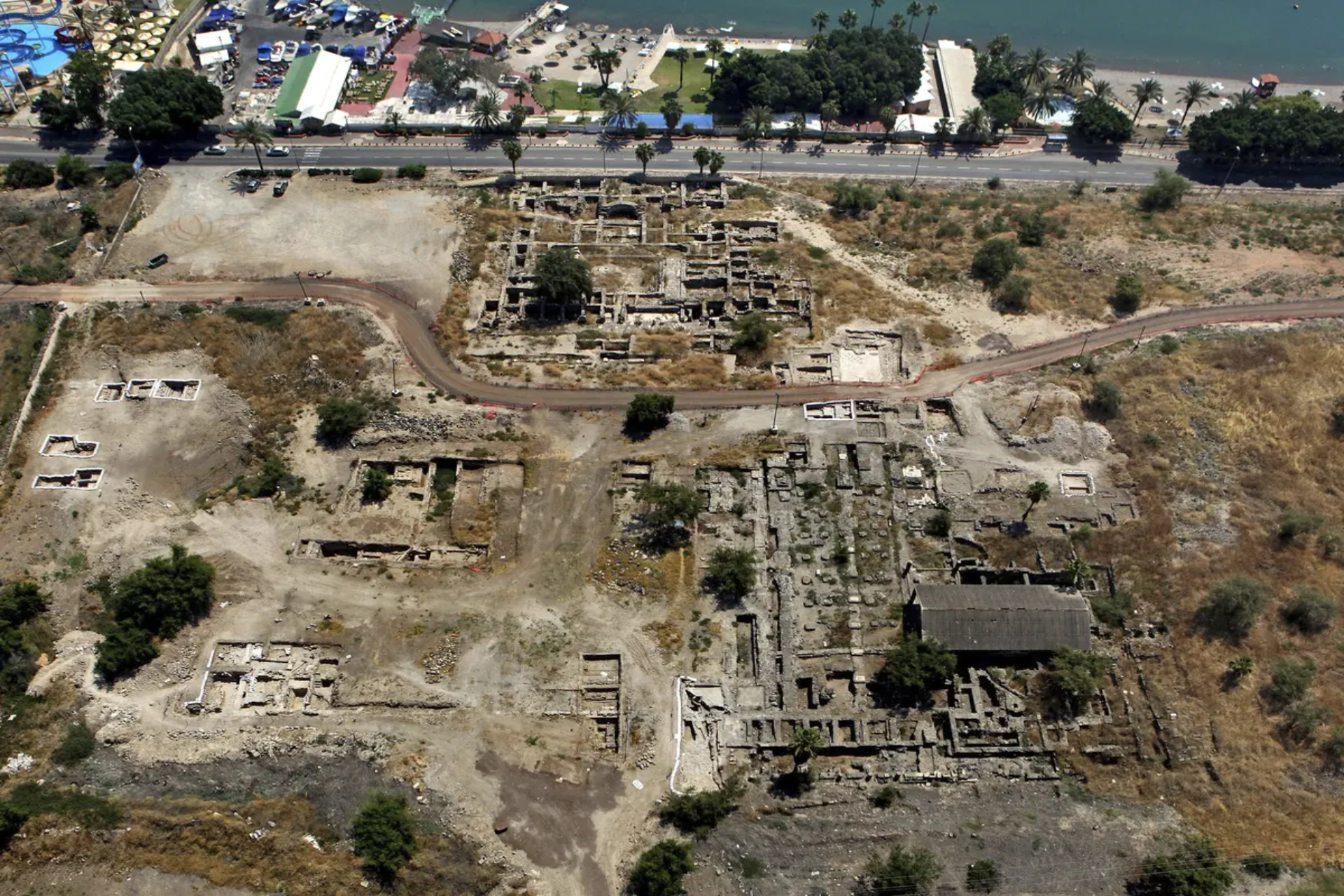Important:
this page is not about history but about a view on a history.
|
5. ISLAM: ROOTS & BIRTH
There's a story about the birth of Islam that goes like this:
On one of his uncle's trip, Mohammed saw women who were fully covered. He wanted to know why the women where dressed that way. The story about this issue but explained in the Koran, known as from Mohammed's uncle, comes actually from a story that is known in the Old Testimony:
The (conservative) Jewish interpretation is that women shouldn't wear men's clothes, and that men shouldn't wear women's clothes. The (conservative) Muslim interpretation is that women should cover their head (Iran) or even from top to toe (Saudi Arabia). These are misinterpretations as God only said to Musa (Moses) that women should cover themselves. He didn't told Musa that women should wear a burka, a hijab or a headscarf. Mohammed also saw groups of people visiting buildings he had noticed. He wanted to know from his uncle what these buildings are and what the people he saw were doing there. They are temples to pray, his uncle explained. The mosque (and the church) has its roots here. And so collected Mohammed his experiences he later wrote in a manuscript. When Mohammed returned to Mecca, he began to share his experiences. But somehow his speeches turned into prophecy. The religion of Islam was born.
And, there were religions born, there's also disagreements, differences in view, bringing opponents to the idea to begin their own enunciations, which often didn't went peacefully. Because, Mohammed fought four wars and lost the last one. However, an important detail has never been cleared: There's a story about a caliph who killed Prophet Mohammed. To our understanding it must be an caliph who ruled the region what is now Iraq and Iran as Mohammed's last war was fought there. The caliph became aware that Mohammed's knowledge would disappear if no one preserves it. So he send couriers and soldiers out into his newly seized land to record witness experiences from those who were in whatever way with Mohammed. The caliph also became aware that there were 4 pages from Mohammed's manuscript left. They were in the possession of one of Mohammed's wives. The caliph send a representative to the woman to ask if she would lend the remaining pages with the promise that they will be returned. Then, the caliph called his scientists to ask them to write a manuscript based on these four pages but must contain the caliph's views. These views also includes the way he wants to rule and to punish. They should burn these 4 pages when they have completed their writing. That manuscript is the real first Koran. This ancient legend indicates that the roots of birth of Islam, so not the birth, appears to be the region what is today's Palestine but Mecca remains the place were Mohammed's lectures turned into prophecy, to many seen as the birth of Islam. But, in Britannica you will find this: "Muhammad is the founder of Islam and the proclaimer of the Qurʾān, Islam's sacred scripture. He spent his entire life in what is now the country of Saudi Arabia, from his birth about 570 CE in Mecca to his death in 632 in Medina." Nevertheless, the belief of the Muslims can be considered as Semitic because of the roots of Islam's birth. ------------- photo 1. Mohammed's early life photo 2. Mohammed in the Battle Of Badr photo 3 & 4. Earliest mosque found in Tiberias
|











 The Prophet Mohammed had an uncle who was a trader. His uncle traveled often to the region what is now Palestine. As a young boy, Mohammed often joined hm. In the region, that might issue the era when it was under Roman control, Mohammed saw a lot of things he didn't understand. Well, his uncle does.
The Prophet Mohammed had an uncle who was a trader. His uncle traveled often to the region what is now Palestine. As a young boy, Mohammed often joined hm. In the region, that might issue the era when it was under Roman control, Mohammed saw a lot of things he didn't understand. Well, his uncle does.  A story about an orgy appears to include a detail about women who where scarcely dress and drunk. When God saw, He told Moses -in Islam he's named Musa- that the women should cover themselves.
A story about an orgy appears to include a detail about women who where scarcely dress and drunk. When God saw, He told Moses -in Islam he's named Musa- that the women should cover themselves.
